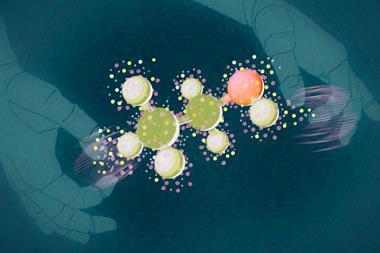Balancing industrial expertise against unwanted commercial influence is not easy but shouldn’t be discounted
The United Nations’ newly formed intergovernmental panel advising on policy around chemicals, waste and pollution faces a gargantuan and complex task. Given the complexity of negotiations so far, even the preliminary agreement to form the panel is considered a significant victory. But these issues are of global importance and deserve recognition alongside climate change and biodiversity loss.
There are still many details to be finalised – not least the mechanisms by which representatives are selected to contribute to the panel’s scientific and governance committees. Given the high political stakes attached to the panel’s eventual outputs, there is naturally acute competition for influence – from stakeholders across the spectrum of views.

The Royal Society of Chemistry has campaigned strongly to include independent and objective scientific input. It’s important to recognise that almost any representative from industry, non-governmental organisation (NGO) or governments themselves – if they are sufficiently empowered to contribute meaningfully to such discussions – will almost inevitably harbour biases and encounter conflicts of interest.
Equally, attempting to exclude representatives because of potential bias is unworkable, because it means closing off access to partners who have direct experience of the issues at hand, and who will necessarily be intimately involved in implementing the real-world measures that the panel’s work aims to inspire. If biases and conflicts of interest are properly recognised and robustly managed, then the deep and extensive experience of industrial science can be harnessed to inform enlightened policy recommendations.
The panel’s formative journey has already experienced resistance from representatives of countries with strong dependence on fossil resources and the petrochemical industry, or those seeking to delay and disrupt negotiations in other ways. Even so, the first steps towards consensus and agreement have been made. There is still plenty of hard negotiating work to be done – both in terms of finalising the panel’s makeup and operational parameters, and then in the colossal challenge of aligning international priorities around chemicals, waste and pollution in ways that are relevant to national policymakers. Ensuring valuable voices are given appropriate attention, while minimising undue influence, will be a significant challenge.

















No comments yet